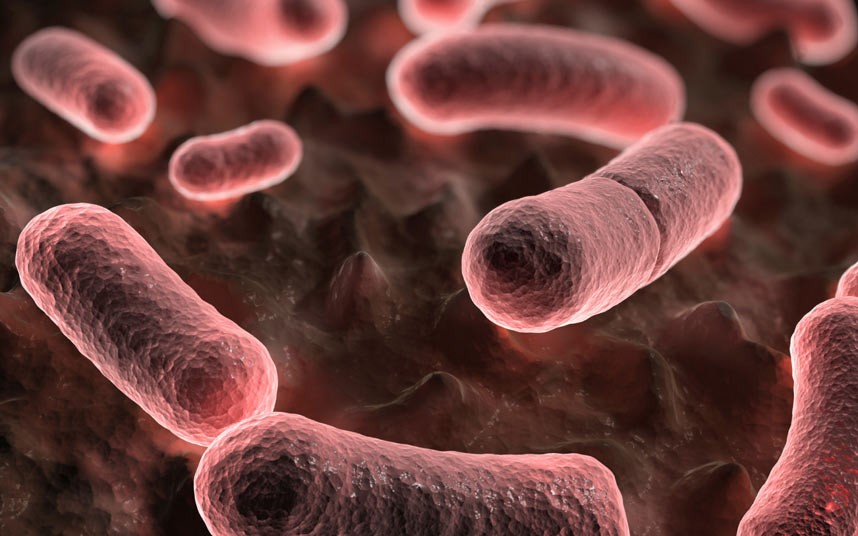BEND, OR -- A case of human Bubonic Plague has been diagnosed in Deschutes County. Public Health officials believe the person was infected by their pet cat. The animal is very sick, but authorities say the person is responding well to treatment. "It was caught early, also it was not a real severe case," says Deschutes County Health Officer Dr. Rich Fawcett, "I wouldn’t say mild, but it was more like moderate in terms of how severe the infection was at the time of diagnosis and treatment."
He tells KBND News the person only presented with a fever. When their doctor couldn’t determine the cause, they ran bloodwork to see what bacteria showed up. "In this case, the bacteria was Yersinia Pestis, which is the cause of human plague."
That diagnosis came on Friday. Since then, Dr. Fawcett says they tracked down about a dozen close contacts, "We have identified some people that had close enough contact that we gave them antibiotic prophylaxis, where they’ll take a week of an antibiotic just on the off chance they could have contracted an early case of plague. None of the contacts were ill." He says human-to-human spread is extremely rare and no other cases have been found.
The last Oregon case of plague was reported in 2015, in Crook County. It spreads through a bite from an infected flea or by contact with a sick animal. The most common animals to carry plague locally are squirrels and chipmunks, but mice and other rodents can also carry the disease. Dr. Fawcett says modern-day circumstances are very different from the epidemic in the 1500s, "These are sporadic cases, cases that occur one at a time and don’t really pass from person to person very much. Partly because we can treat and identify them quickly. We don’t have a huge flea problem or rats that are infesting half of a city, like you used to have in the 1500s. So, it’s just a different environment in terms of sanitation, in terms of pest control."
To prevent the spread of plague:
- Avoid all contact with rodents and their fleas. Never touch sick, injured, or dead rodents.
- Keep pets on a leash when outdoors and protect them with flea control products. Do not allow pets to approach sick or dead rodents or explore rodent burrows.
- Pet cats are highly susceptible to plague, and infected cats can transmit the bacterium to humans. If possible, discourage their hunting of rodents. Consult a veterinarian immediately if your cat becomes sick after being in contact with rodents.
- Residents should keep wild rodents out of homes and remove food, woodpiles, and other attractants for rodents around homes and outbuildings.
- Do not camp, sleep, or rest near animal burrows or areas where dead rodents are observed.
- Refrain from feeding squirrels, chipmunks, or other wild rodents in campgrounds and picnic areas. Store food and refuse in rodent-proof containers.
- Wear long pants tucked into boot tops to reduce exposure to fleas. Apply insect repellent to socks and trouser cuffs to help reduce exposure to fleas.




